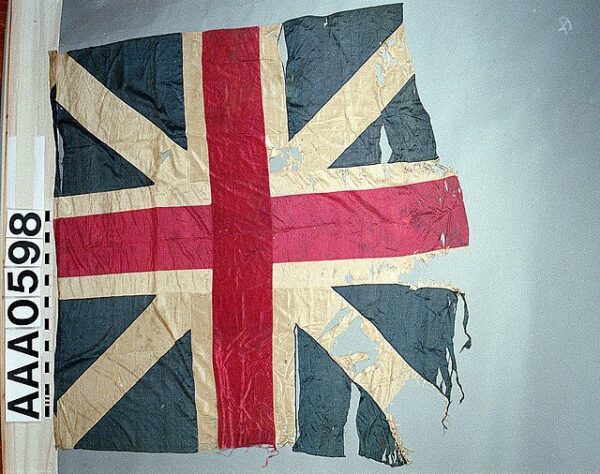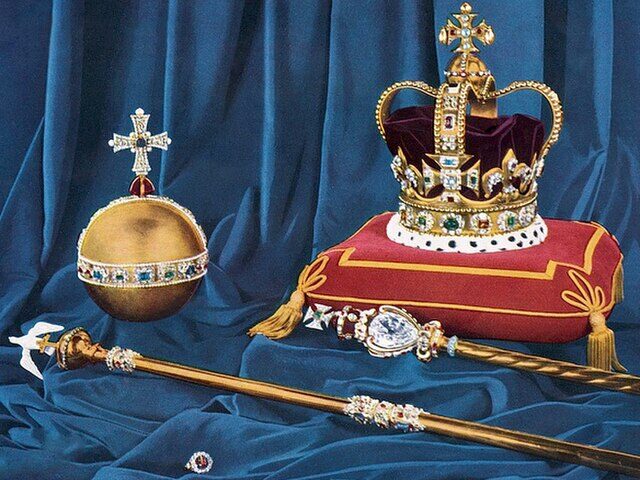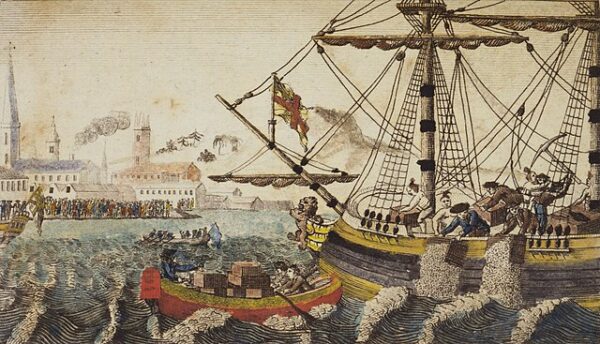On October 23, 1707, democracy in Great Britain took a huge step forward with the opening of the first united Parliament. The new governing body served as the culmination of years of negotiations and debates that united the kingdoms of England and Scotland, marking a turning point in the nation’s history. Prior to this union, England and Scotland operated under separate parliaments. The Act of Union, signed in 1706 and enacted in 1707, paved the way for the formation of the United Kingdom of Great Britain, with a single shared Parliament.
Joining together the kingdoms of Scotland and England had long been proposed, but suspicion and mistrust between the two countries stopped the union from forming until a disasterous national investment forced the hands of the Scots.
In the late 1690s, writes one historian, “thousands of ordinary Scottish folk had been tempted to invest their hard earned money in a plan to link the two great oceans of the world by establishing an overland trading route between the Pacific and Atlantic. Almost every Scot who had £5 in his or her pocket, invested in the Darien Scheme, to establish a Scottish colony in Panama.
Poorly planned, the venture ended early in 1700 with significant loss of life and financial ruin for the Kingdom of Scotland.
With many influential individuals and whole families left bankrupt by the disaster, a few financial incentives appear to have convinced some dithering Scottish MPs of the potential benefits of a union with England. In the words of Robert Burns, they (the Scottish MPs) were ‘bought and sold for English gold.’
In a poorly attended Scottish Parliament the MPs voted to agree the Union and on 16 January 1707 the Act of Union was signed. The Act came into effect on May 1st 1707; the Scottish Parliament and the English Parliament united to form the Parliament of Great Britain, based in the Palace of Westminster, London, the home of the English Parliament.
Scotland kept its independence with respect to its legal and religious systems, but coinage, taxation, sovereignty, trade, parliament and flag became one. The red cross of St. George combined with the blue cross of St. Andrew resulting in the ‘old’ union flag. This is popularly called the Union Jack, although strictly speaking, this only applies when it is flown on the jackstaff of a warship.”
Located near Westminster Palace, the inaugural Parliament included the King and Queen. It was a day filled with grandeur and symbolism, representing the unity of two nations with unique cultural and historical backgrounds. The new Parliament combined the House of Commons and House of Lords from England with their Scottish counterparts. While the House of Commons existed in both England and Scotland, the Scottish peers had to adapt to the customs and practices of their English counterparts in the House of Lords.
The first Parliament of Great Britain had far-reaching consequences for the British Empire. It played a pivotal role in shaping the legislative, constitutional, and geopolitical landscape of this emerging superpower. The Parliament made significant legislative strides in areas like trade, taxation, and foreign policy, which were instrumental in expanding and solidifying British influence worldwide. This momentous event laid the groundwork for the British Empire’s rapid rise and set the stage for global transformations that would follow.






